The unique properties of Nickel-Titanium (Ni-Ti) alloys, also known as Nitinol, have made them a critical material in the field of medical device manufacturing. Ni-Ti alloys are especially prized for their exceptional shape memory and superelasticity, allowing them to return to their original shape after being deformed. These properties make Ni-Ti alloys particularly well-suited for applications such as stents, guidewires, and other minimally invasive surgical tools. However, the forming of Ni-Ti alloy flat sheets comes with its own set of challenges, especially when precision and biocompatibility are crucial.
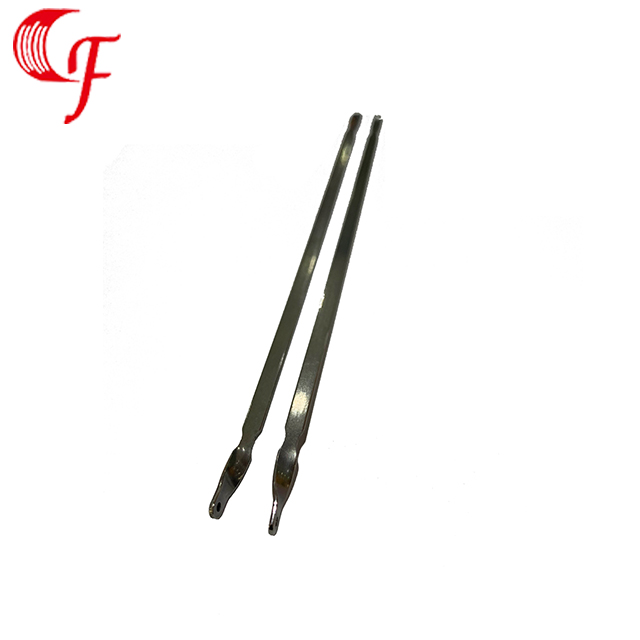
The Challenge of Forming Ni-Ti Alloys
Ni-Ti alloys are inherently complex to form due to their unique phase transformation between austenite and martensite at specific temperatures. This phase change affects the material's elasticity, making the process of forming Ni-Ti alloys more challenging than working with more conventional metals. For example, Nitinol can undergo significant deformation in its martensitic phase and then return to its original shape once it transforms back to the austenitic phase upon heating. These unique properties must be carefully managed during forming to avoid defects and ensure the material performs as expected in its final application.
Despite these challenges, the precise forming of Ni-Ti alloy flat sheets is essential for producing medical devices that are flexible, strong, and biocompatible. As Ni-Ti alloys are increasingly being used in life-saving applications such as stents and guidewires, manufacturers must develop specialized techniques to shape these materials while preserving their functional properties.
Specialized Forming Techniques
Forming Ni-Ti alloys requires specialized techniques to ensure the material retains its superelasticity and shape memory. Traditional forming methods, such as stamping and forging, often fall short when working with such a complex material. To overcome these limitations, manufacturers rely on precision roll forming, which allows for the creation of thin, consistent sheets suitable for high-performance applications.
One notable example of precision roll forming in the medical field is the use of Ni-Ti alloys for stent production. Companies like Medtronic utilize roll forming to produce Nitinol stents that maintain flexibility while withstanding the mechanical stresses of the human body. The roll-forming process helps to achieve consistent thickness and shape while preserving the material's inherent properties, ensuring that the resulting sheets are optimal for medical applications.
In addition to roll forming, laser cutting is commonly employed to achieve the high precision required in medical device production. Laser cutting allows manufacturers to cut Nitinol flat sheets into intricate shapes with tight tolerances, essential for creating complex devices such as stents. Boston Scientific, a leading manufacturer of medical devices, uses laser cutting for stent production, where precision is crucial to ensure the correct dimensions for implantation. This method has proven to be more efficient than traditional mechanical cutting, speeding up production times by reducing waste and minimizing the risk of error.
Surface Finishing for Biocompatibility
One of the critical aspects of working with Ni-Ti alloys in medical devices is ensuring the material is biocompatible. While Ni-Ti alloys have excellent resistance to corrosion, their surface finish can still affect their performance, especially when implanted in the human body. To address this, manufacturers apply specialized polishing and coating techniques to enhance the alloy's biocompatibility.
For example, Stryker, a global medical technology company, uses polishing techniques to smooth the surfaces of its Nitinol stents and implants, reducing the risk of tissue irritation and improving long-term performance. Polishing not only enhances the device's surface but also significantly increases its corrosion resistance. A study in Surface and Coatings Technology (2018) showed that polished Nitinol surfaces exhibit up to 20% greater corrosion resistance compared to untreated surfaces, making them more reliable for implantation in the human body.
Moreover, some manufacturers use coatings, such as titanium nitride or platinum, to further enhance the material's properties. These coatings offer an additional layer of protection against corrosion and wear, which is particularly important for devices exposed to bodily fluids over extended periods.
Laser Cutting and Precision Machining
Laser cutting is one of the most important technologies for shaping Ni-Ti alloys with high precision. The ability to achieve fine tolerances with minimal material waste makes it a valuable tool in the manufacturing of medical devices such as guidewires and sten






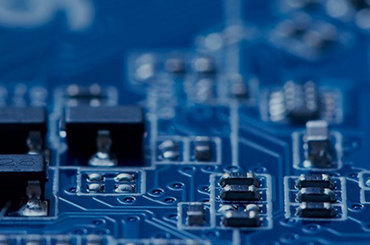
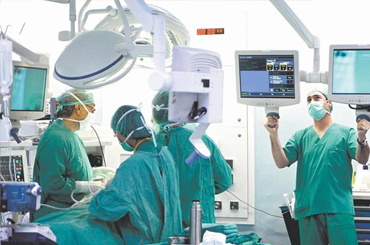
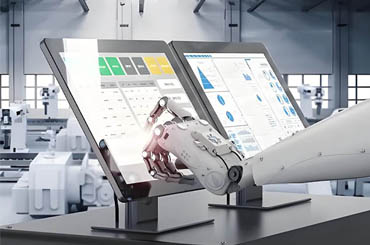
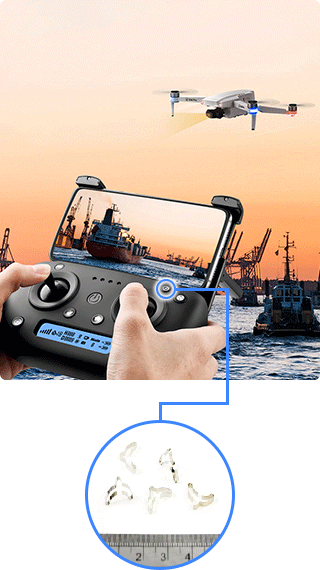
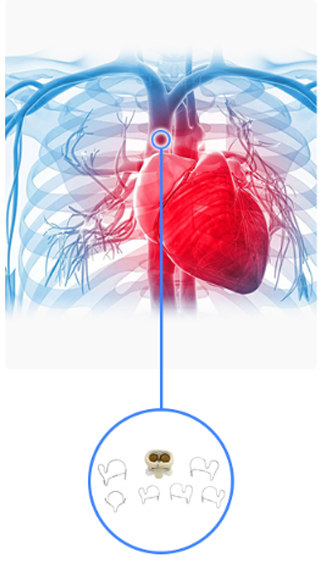
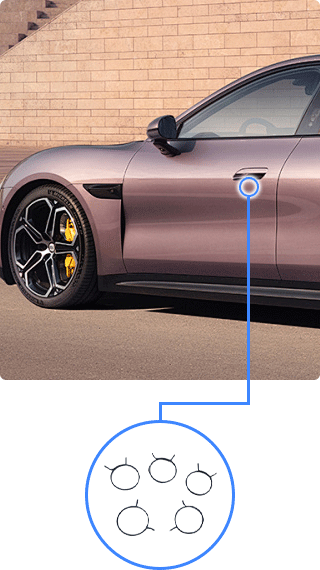
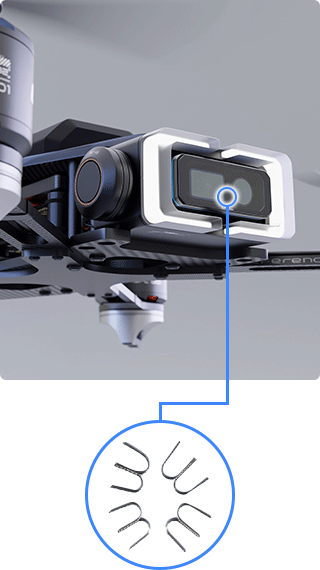
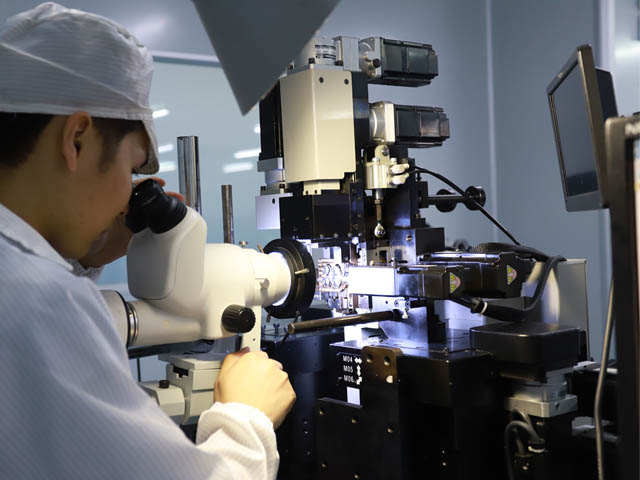

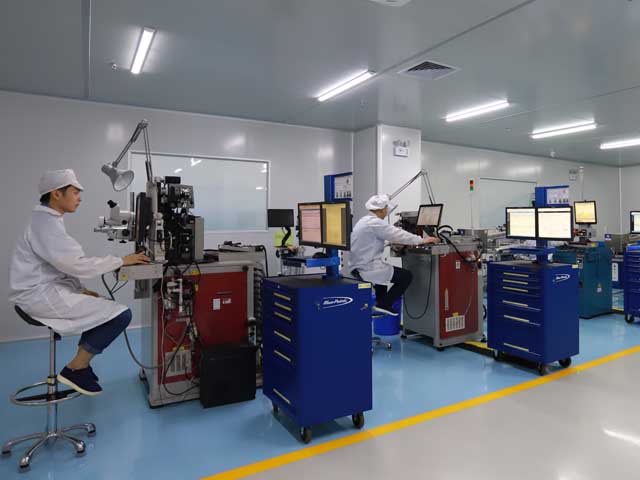






 English
English
